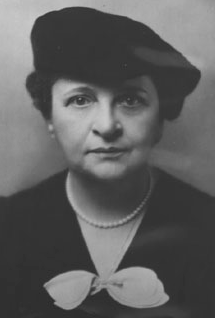Recently the Northwest Institute of Literary Arts (NILA) asked me to serve as their interim CEO. They offer an MFA in writing and I already respected their program as I have studied with one of NILA’s graduates and another is in my writing group. I went in ready to help a struggling organization, but discovered that the organization could not be saved. My job now is to close down a sterling program and assure that the students and faculty receive the best possible solutions under difficult circumstances.
The job is consuming, but has come with a plethora of unexpected little blessings. I often find myself on the verge of tears of gratitude. Of course, there are also struggles and the hardest one for me has been the absorption of my writing time into other endeavors. Even if I have time I am far too exhausted to write coherently, so today I am borrowing the words of another.
I just discovered a column from April 11, 2015 that appeared in The New York Times. The author is David Brooks, one of the best thinkers around, in my opinion—even if he’s not of the liberal persuasion. The article is “The Moral Bucket List” and I recommend the entire text. In it he mentions a First Woman, so I am including that portion of his column here:
“Frances Perkins was a young woman who was an activist for progressive causes at the start of the 20th century. She was polite and a bit genteel. But one day she stumbled across the Triangle Shirtwaist factory fire, and watched dozens of garment workers hurl themselves to their deaths rather than be burned alive. That experience shamed her moral sense and purified her ambition. It was her call within a call.
After that, she turned herself into an instrument for the cause of workers’ rights. She was willing to work with anybody, compromise with anybody, push through hesitation. She even changed her appearance so she could become a more effective instrument for the movement. She became the first woman in a United States cabinet, under Franklin D. Roosevelt, and emerged as one of the great civic figures of the 20th century.”
Appropriately, she was appointed U.S. Secretary of Labor and served from 1933-1945 (the full length of Roosevelt’s terms as President). Shortly after she finished her term, she wrote The Roosevelt I Knew, from her perspective as both a friend and fellow politician.


Nice and inspiring!